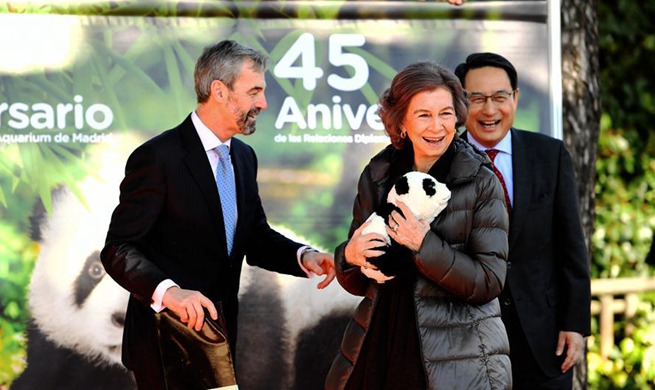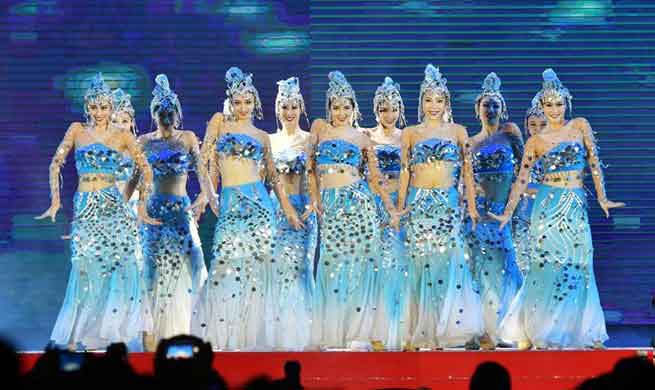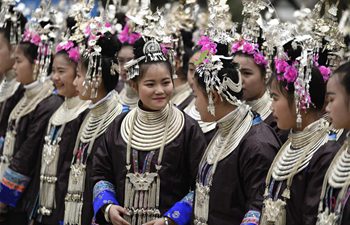By Xinhua writer Chen Wenxian
JERUSALEM, Feb. 24 (Xinhua) -- The development of the quantum technology is just the tip of iceberg and in very early stage, and the full application of the technology is expected to arrive within several decades, an Israeli scientist said.
China has made an "amazing" achievement in quantum communication, which is an important step for the application of the quantum technology, Prof. Adi Stern, a scientist in quantum technology of the Israeli Weizmann Institute of Science, said in a recent exclusive interview with Xinhua.
The "beautiful" work made in China shows a development in the direction of the quantum technology, but this kind of application is still in the beginning, said Stern.
The Israeli scientist would like to encourage more communication between China and Israel in the field of quantum technology and it will be significantly helpful to develop good connections between the two countries. There are a lot of very difficult problems in the field, Stern said, "We need to combine all the brain power of the world."
Quantum technology is a new field of physics and engineering, which transitions some of the properties of quantum mechanics into practical applications such as quantum computing, quantum sensing, quantum cryptography, quantum simulation, quantum metrology and quantum imaging.
Quantum mechanics in some sense gives the possibility of doing two things in two places at the same time, and "coherence" is a big obstacle that should be overcome in the process of pushing forward the development of the quantum technology, Stern said, adding that if there are 1,000 bytes, the number of possibilities will then become "very large" simultaneously and scientists should do many calculations in parallel.
Stern noted that this parallel requires quantum coherence, which is "very hard to get but very easy to lose." "We have no clue on how to create a system with thousands or tens of thousands or millions or billions of quantum bytes all working coherently with one another," he said, "This is the main challenge to scale it up and we will take a lot of effort."
He also explained that if the quantum computer has a little bit of out of controlled interaction with its environment or a little bit of noise, that would have "a devastating" effect.
"So we need to know how to isolate this system from these perturbations and it is a very big obstacle," said Stern, adding that efforts should be made to develop a new language to deal with quantum, to develop a new set of algorithms, to identify the problems, to control the interaction of the computer with its environment, and to cool the computer to a very low temperature, as well.
Scientists are working hard to seek ways to solve these problems. Stern preferred to the way called the topological quantum information, which is based on a particular way to isolate the system of quantum computer from its environment, or to make it more difficult for the environment to disrupt the processing of quantum information.
"This is a very beautiful way, and maybe the one that will succeed," said Stern. "The way to push it forward is to try several directions and see which one works." He hoped that the topological one will win.
With regard to the future application of the quantum technology, Stern kept quite optimistic though currently theoretical research is far more than application.
So far, very small-scale application of the technology has already been seen, such as the show algorithm and the drugs designed by quantum computer. Stern expected for the full application in many directions in the coming decades, including quantum chemistry; new ways of sensing images for medical use; more quantum communication; quantum mechanics used in cybersecurity, etc.
"All these application will develop step by step," noted Stern.

















